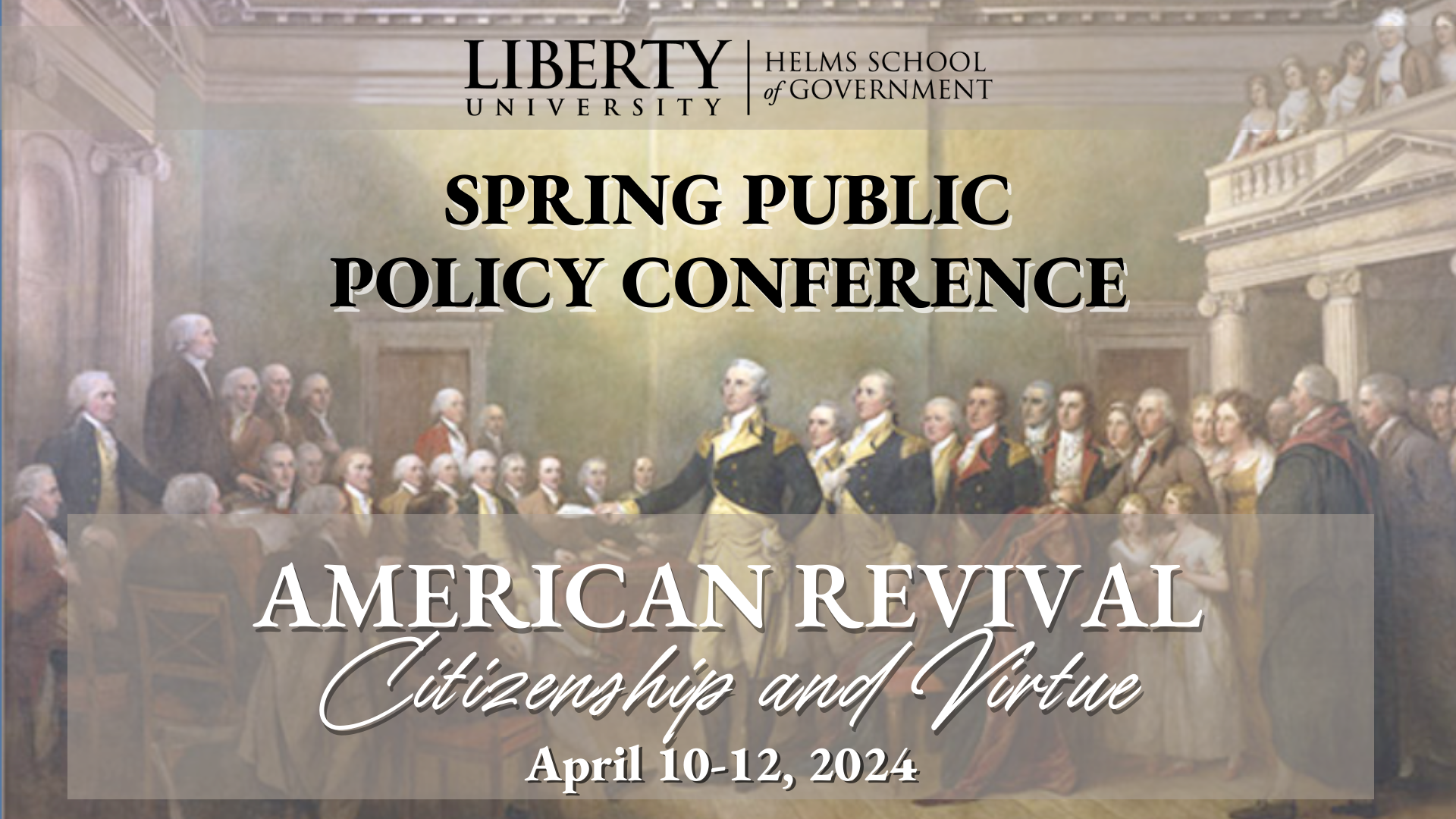Location
Military and Diplomacy
Level of Education
Doctoral
Secondary Session
Biblical Perspectives on Government
Keywords
Worldview, virtue, ethics, leadership, national security, Christianity, Secularism
Presenter Names and Speeches.
Remy Goldsmith
Abstract
Worldviews influence and impact all aspects of life. This is because the way one chooses to see the world affects the decisions one chooses to make. Whether choosing a job, a religion, or a partner, all are affected by one’s worldview. This is also because worldview is where virtues derive from. The establishment of virtue is the cornerstone of building character and developing ethics. In other words, it forms the moral compass that an individual uses to base their decisions. As that stands, this means that worldviews and virtues are applicable and impactful toward leadership and decision-making within national security. Despite the decline of the Biblical worldview in America and the emergence of syncretism, which is described as Moralistic Therapeutic Deism, Secularism continues to have significant strength. Additionally, there has been a major growth of Postmodernism and an emergence of Marxism as influential worldviews. This paper will focus solely on Christianity and Secularism as prominent worldviews, evaluating the virtues, ethics, and character that develop from them, as well as how they influence organizationally and individually. In addition, this paper will examine a comparison of Christianity and Secularism demonstrating their impact on U.S. national security leadership and decision-making.
Included in
Human Factors Psychology Commons, Leadership Studies Commons, Organization Development Commons
Worldviews Impacting Leadership Within U.S. National Security: Christianity vs Secularism
Military and Diplomacy
Worldviews influence and impact all aspects of life. This is because the way one chooses to see the world affects the decisions one chooses to make. Whether choosing a job, a religion, or a partner, all are affected by one’s worldview. This is also because worldview is where virtues derive from. The establishment of virtue is the cornerstone of building character and developing ethics. In other words, it forms the moral compass that an individual uses to base their decisions. As that stands, this means that worldviews and virtues are applicable and impactful toward leadership and decision-making within national security. Despite the decline of the Biblical worldview in America and the emergence of syncretism, which is described as Moralistic Therapeutic Deism, Secularism continues to have significant strength. Additionally, there has been a major growth of Postmodernism and an emergence of Marxism as influential worldviews. This paper will focus solely on Christianity and Secularism as prominent worldviews, evaluating the virtues, ethics, and character that develop from them, as well as how they influence organizationally and individually. In addition, this paper will examine a comparison of Christianity and Secularism demonstrating their impact on U.S. national security leadership and decision-making.



